Keep up to date with our latest articles on Antiaging, Products and the latest Hot Topics!
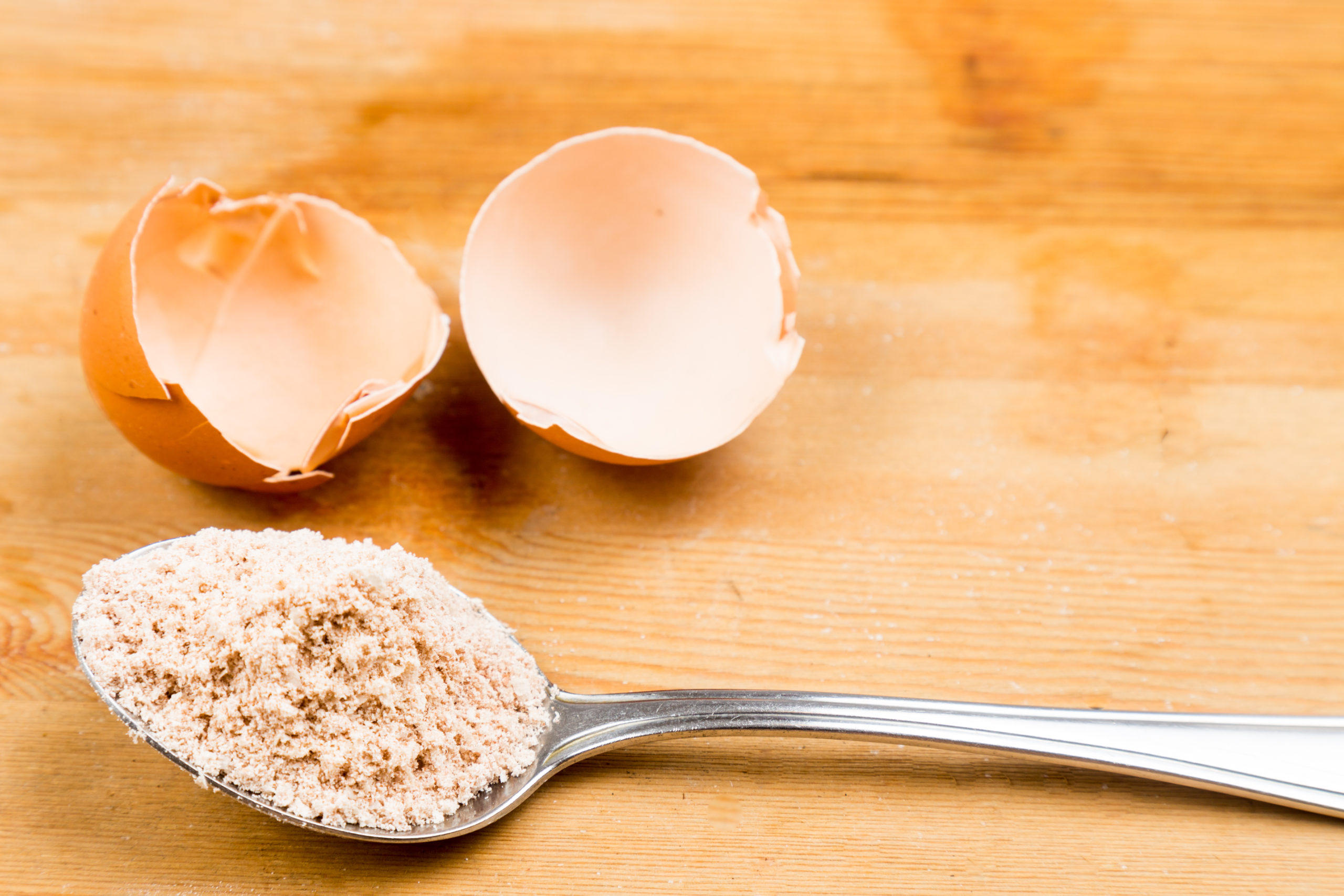
Could crushed eggshells help to repair bone damage?
15 July 2019
A new study from the University of Massachusetts (UMass) Lowell has shown that crushed eggshells could provide a new future…
Read More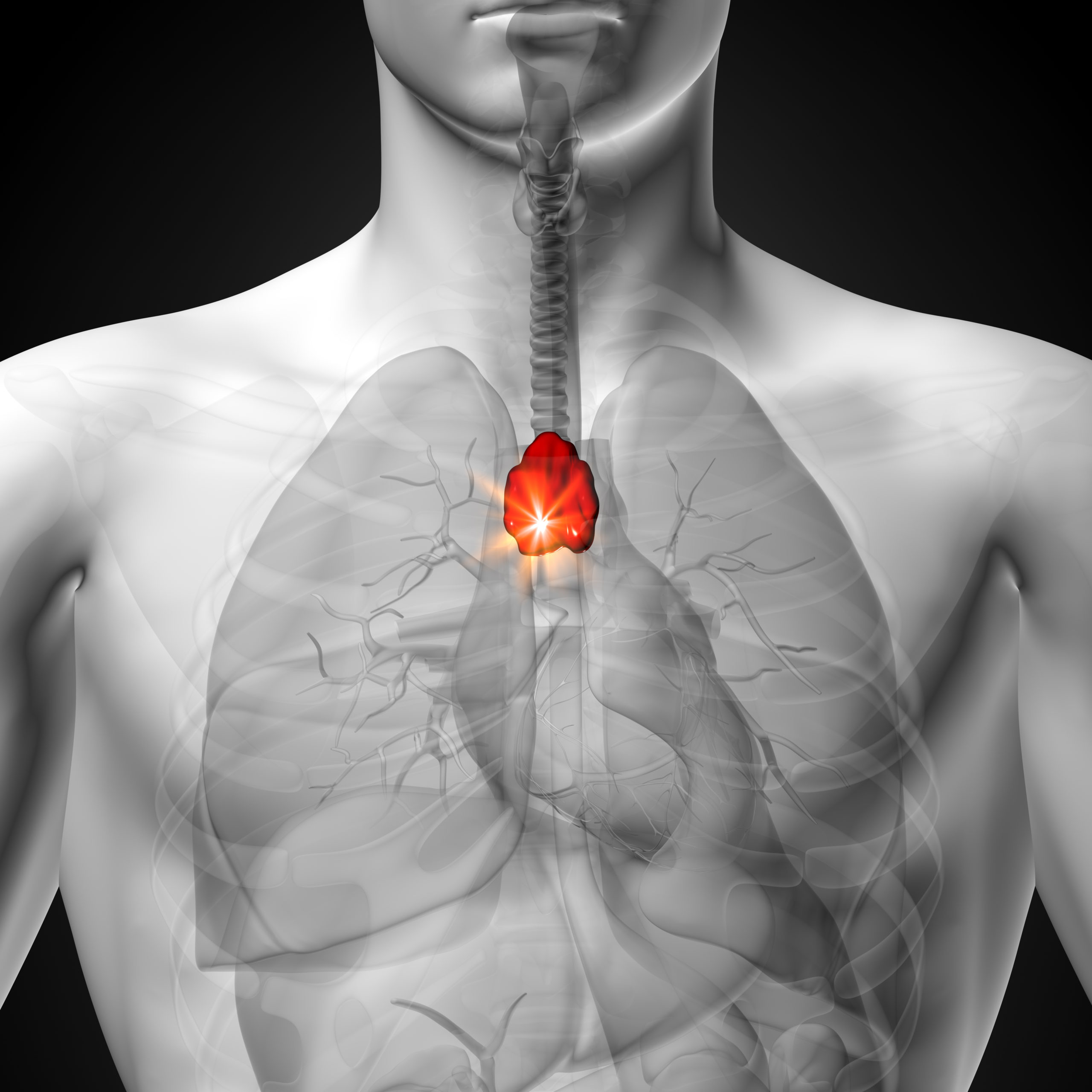
Exosomes to Regenerate the Thymus
25 June 2019
A new study from researchers at the University of Pecs, Hungary used cell secretions known as exosomes to regenerate one…
Read More
Deprenyl – an antiaging, life-extending aphrodisiac (update)
14 June 2019
By Ward Dean, M.D. Deprenyl (later known as selegiline) was developed by Professor Josef Knoll of Semmelweis University in Hungary…
Read More
Living significantly longer with an Easter Island extract
13 June 2019
The Masters of Rapamycin By Will Block Peter Attia, M.D., is a Canadian-American physician of Egyptian descent who works exclusively…
Read More
Forever Young
Phil Micans interviews Dr. Bill Lawrence Dr. Lawrence has a Jurisprudence Degree (UCLA-Law), an MS in Psychology and a Ph.D….
Read More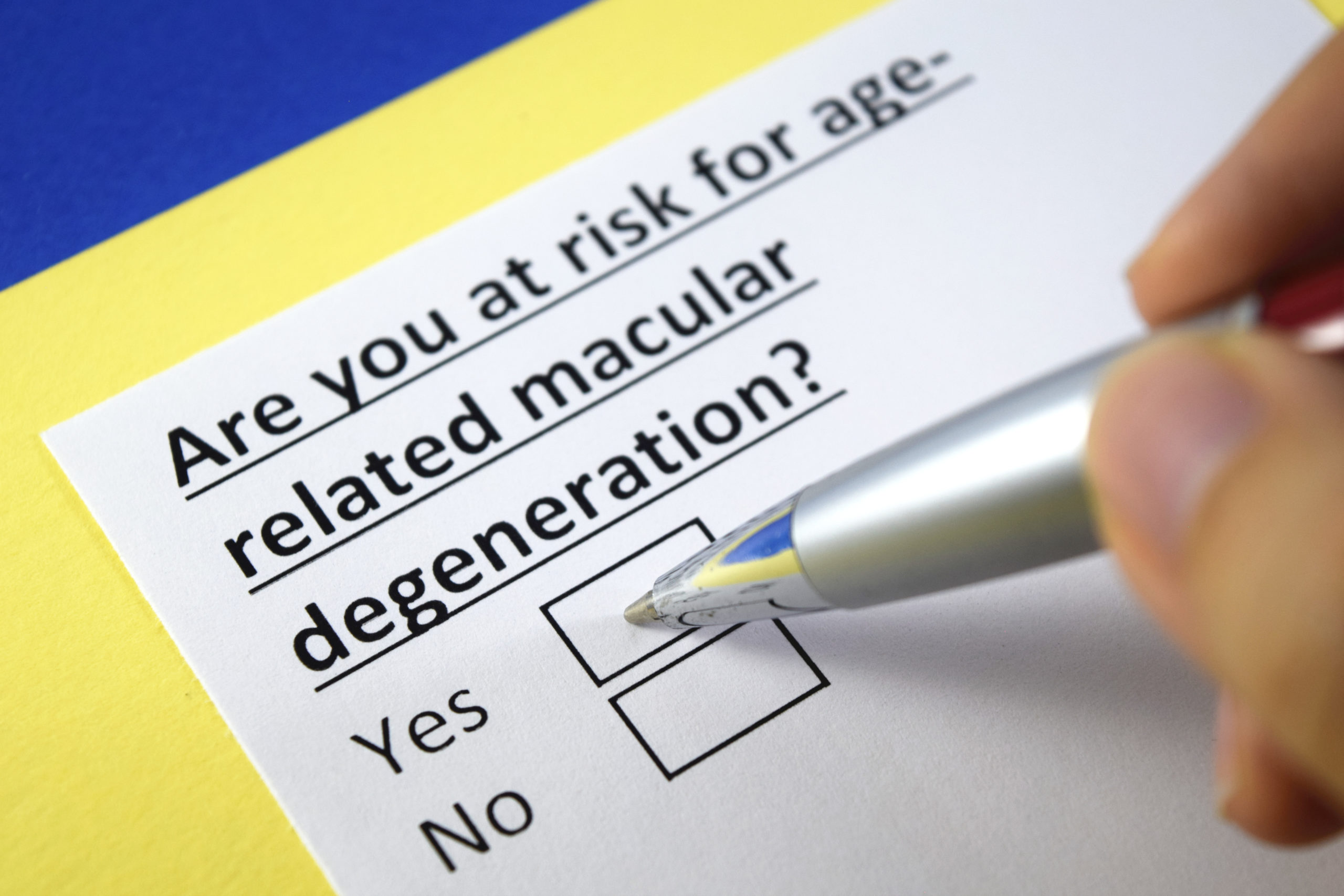
MZS™ & ARMD (Age Related Macular Degeneration)
20 May 2019
By Phil Micans, MS, PharmB Age-related macular degeneration (ARMD) is the leading cause of severe visual loss in older…
Read More
Hormones make the difference
By Thierry Hertoghe, M.D. The International Hormone Society (IHS) now offers its extensive scientific databank on hormone therapies via its…
Read More
Peptide Bioregulators and Vision
17 May 2019
An interview with Professor Svetlana Trofimova ST: I was born into a family of doctors, so since childhood I knew…
Read More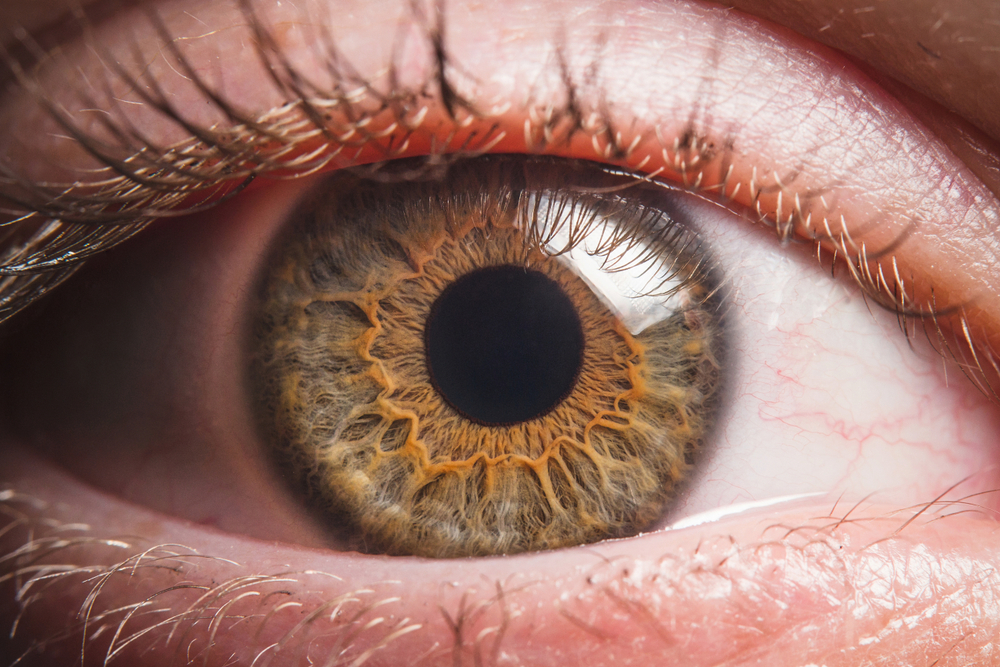
The Eyesight Saviors
By Marios Kyriazis, M.D. The progress of medical research in general, is astounding. New developments come to confirm or reject…
Read More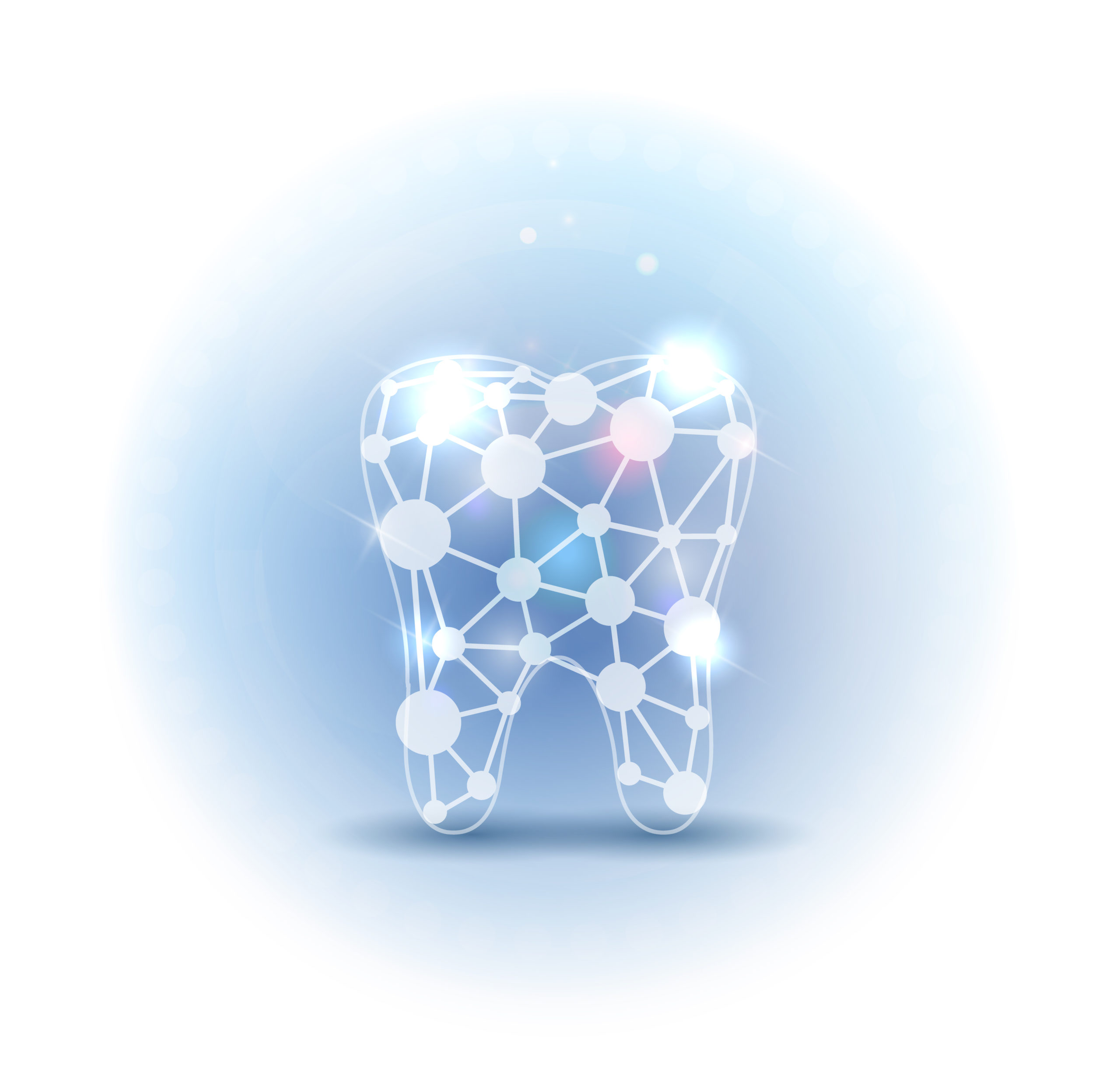
Oraltide Pro™ − the latest peptide technology for dental care
By Leslie J. Farer Oral health is essential to overall health, yet many overlook this important fact when devising an…
Read More



